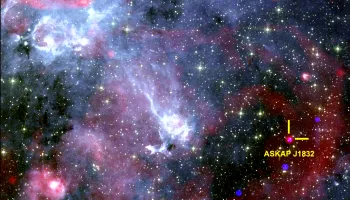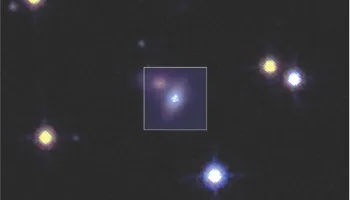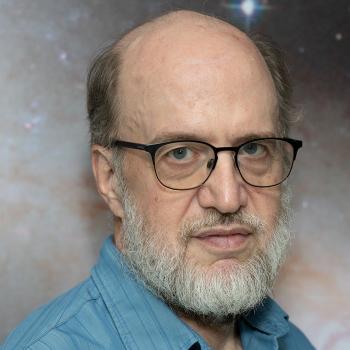Time Domain Astronomy
Time domain astronomy is the study of signals that change on short, human timescales, for example supernovae, tidal disruption events, variable stars, and microlensing events. Recent observational data have given us hints as to the mechanisms responsible, but they have also raised new questions. What causes the brief yet powerful radio signals known as fast radio bursts? What creates the time-varying signals we detect from some black holes and neutron stars? How do supernovae and neutron star mergers create chemical elements heavier than iron? What visible signatures do we expect to accompany gravitational wave events?
UMD astronomers tackle these mysteries with observations and simulations alike. For example, they are investigating magnetars (neutron stars with unusually strong magnetic fields) as potential sources of fast radio bursts. By combining light and gravitational wave signatures, they work to decode cosmic collisions like neutron star mergers, and how they produce heavy elements.
Related News
Connected Researchers
Research Scientist
Post-Doctoral Associate
Adjunct Professor
Graduate Student
Senior Faculty Specialist
Research Professor
Associate Professor
Principal Lecturer
Graduate Student
Research Scientist
Assistant Research Scientist
Professor
Assistant Research Scientist
Visiting Assistant Research Scientist
Adjunct Assistant Professor
Graduate Student
Graduate Student
Post-Doctoral Associate
Assistant Research Scientist
Post-Doctoral Associate
Professor
Visiting Assistant Research Scientist
Associate Research Scientist
Associate Research Scientist



























